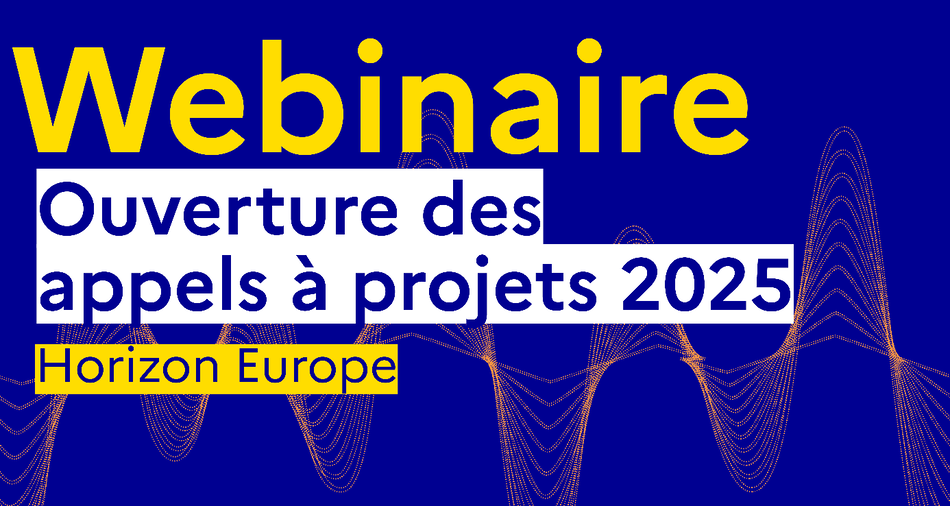Scope:
This EIC Accelerator Challenge aims to improve the efficacy, safety and uptake of therapeutic approaches against refractory cancers, using novel comprehensive predictive, prognostic and companion diagnostic tests, in the context of precision oncology.
The overall goal of this Challenge is to support and accelerate the preclinical validation and/or clinical phase 1 work carried out by innovative SMEs (including start-ups, spinouts) and small midcaps to develop novel predictive, prognostic and companion diagnostic assays to guide cancer treatment. This Challenge has the following specific objectives:
- to develop novel companion diagnostic assays, including through liquid profiling to identify who, among cancer patients, is more likely to benefit from a given treatment (guided treatment);
- to develop novel predictive biomarker-based assays to identify who, among patients with potentially precancerous lesions, is more likely to develop cancer;
- to develop novel prognostic assays including through liquid profiling to identify who, among the cancer patients who underwent treatment, is more likely to recur;
- to develop novel companion diagnostic assays, including through liquid profiling to identify who, among the cancer patients receiving treatment, is more likely to develop side effects as a result of the treatment and,
- to develop novel monitoring biomarker-based assays to effectively monitor the clinical course of the disease.
As expected outcomes from this Challenge, clinicians will be able to:
- Identify, who among cancer patients, is more likely to benefit from a given treatment (guided treatment),
- Identify, who among patients with potentially precancerous lesions, is more likely to develop cancer,
- Identify, who among the cancer patients having underwent treatment, is more likely to recur,
- Identify who among the cancer patients receiving treatment, is more likely to develop side effects as a result of the treatment, affecting their quality of life and
- More effectively monitor the clinical course of the disease.
For further information, please see the EIC Work Programme 2023.





